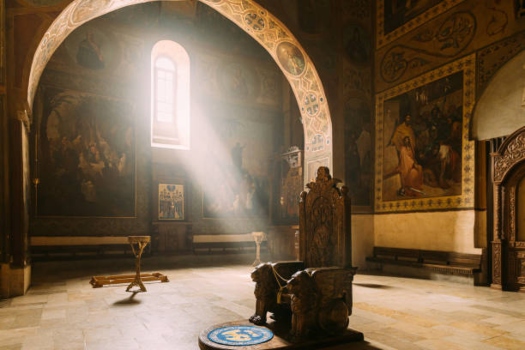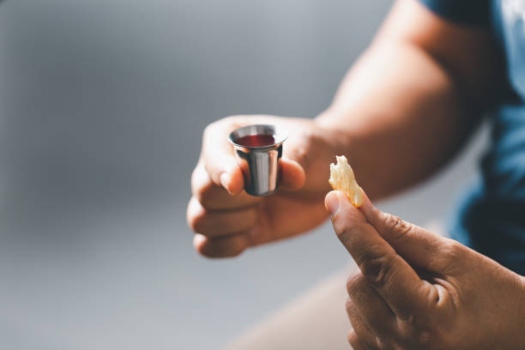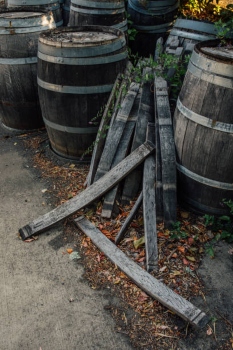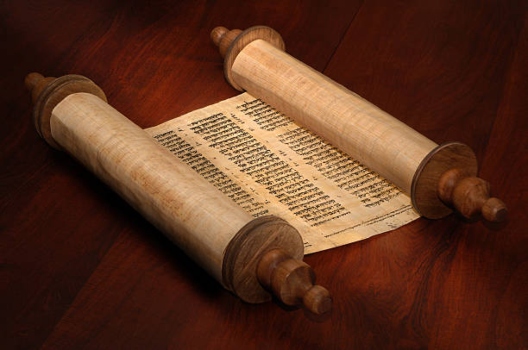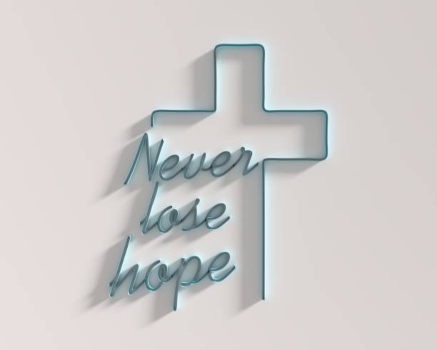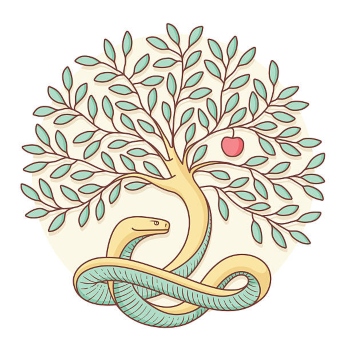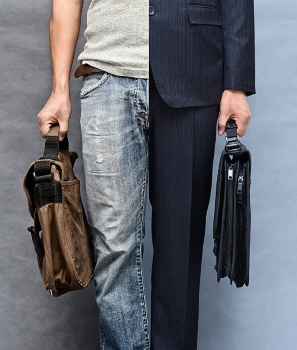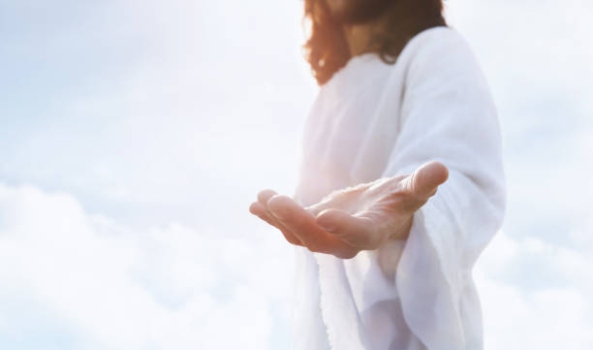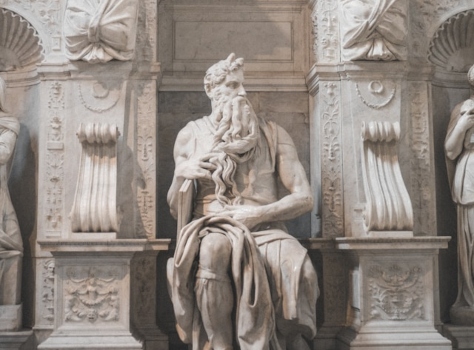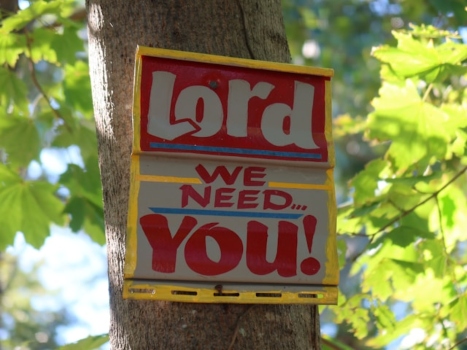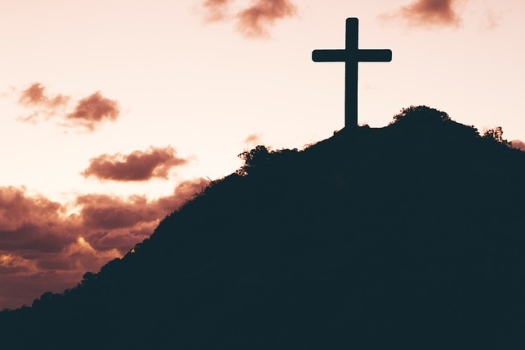Don’t Hold on to Things You Shouldn’t
We’ve all found ourselves in unpleasant situations. Places where we feel trapped. Sometimes it’s because of things we’ve done. Sometimes we’re there due to no fault of our own.
The Israelites found themselves in bad situations repeatedly. They would go through times when they would be captives of other countries. Most of the time this was because they would be doing things they shouldn’t.
There was a lot of guilt and judgement.

God would give them chances to change. These opportunities would come to them through prophets of God.
One of these messages of hope came in Isaiah 6:1-7. Isaiah received a message from God and he felt doomed because he was a sinful man. A Seraphim that was attending to God touched Isaiah’s lips with a burning coal and said, “This coal has touched your lips. Now your guilt is removed, and your sins are forgiven.
The year of Jubilee was a time for the Israelites to dedicate a year of rest to God, acknowledging that God would provide for their needs.
The Year of Jubilee, which came every 50th year, was full of releasing people from their debts, releasing all slaves, and returning property to those who owned it. During this time, the Israelites were not supposed to reap or harvest; it was a time for people to return to their families and loved ones.
The Year of Jubilee was a time of Restoration.
So, after seven years of Sabbaths, we reach the 50th year. A year dedicated to rest, the restoration of property, and freeing people from debts, servitude, and slavery.
Because everyone was released from their debts and slavery, everyone got to rest and could start the next year with a clean slate.

It’s important to note that God owns everything. Anything He’s given to us, such as resources, crops, etc., belongs to him. Therefore, the Israelites would dedicate this year of rest to him, acknowledging that God would provide for their needs.
The Israelites went into captivity because they didn’t observe these resting years (Leviticus 26). Because they didn’t trust that God would provide and dedicate time to resting, they reaped the consequences.
God also instituted the Year of Jubilee as a foreshadowing for his future work on the cross. Jesus relieves us of all spiritual debts and our slavery to sin by His death and Resurrection.
In Matthew 1:18-25, Joseph learned of the coming of Jesus when an Angel came to him in a dream. He was told what would happen and what he was supposed to do. And he did it.
Our ultimate forgiveness is through Jesus. But we have to accept this gift.

Jubilee was a release from the past. A restoring. It brought hope for the future.
The Israelites held on to things and wouldn’t let them go. They neglected to take advantage of Jubilee, and they suffered unnecessarily because of this.
Too often we do the same thing. We’ve been hurt by someone, and we don’t let go. Then we’re the ones who suffer. We tend to hold on to things as a way of protecting ourselves. Even when we’ve let go of something, it has a way of creeping back.
We have the power of choice. We can forgive. We can release the past. This makes room for healing and joy.
Jesus is our Jubilee.






